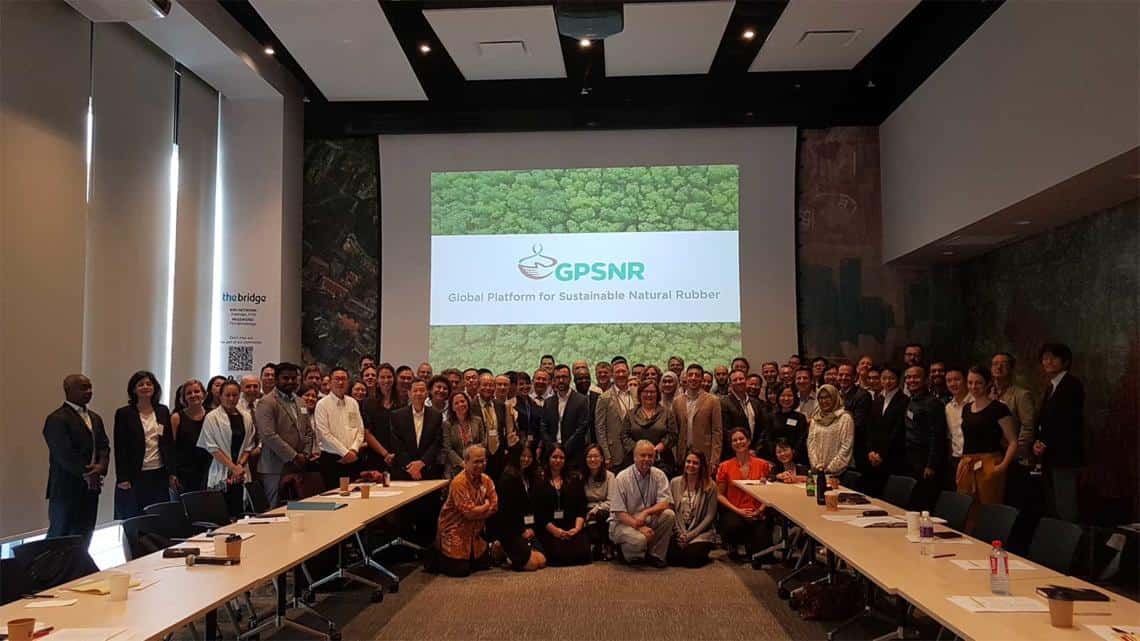The 2nd General Assembly (GA) of the Global Platform for Sustainable Natural Rubber (GPSNR) will be convened on 23 September 2020. Given the exceptional circumstances surrounding the COVID-19 crisis, the decision has been made to hold the GA virtually.
In making this decision, the GPSNR Executive Committee (EC) considered the importance of the issues that require a vote from GPSNR members, the impacts and consequences of a further postponement of the GA, as well as the current global situation resulting from the COVID-19 pandemic. The EC felt that a GA held online would meet both criteria of ensuring the safety and comfort of GPSNR members while moving forward the effort of the Working Groups in achieving the Platform’s strategic outcomes.
The GA will take place online, with the voting process also conducted electronically. In lieu of face-to-face member engagements, a series of webinars will be organized to prepare members for the GA.
All members are reminded to submit to the Secretariat their proposed resolutions and/ or nominations for election to the Executive Committee no later than 1 August 2020.





